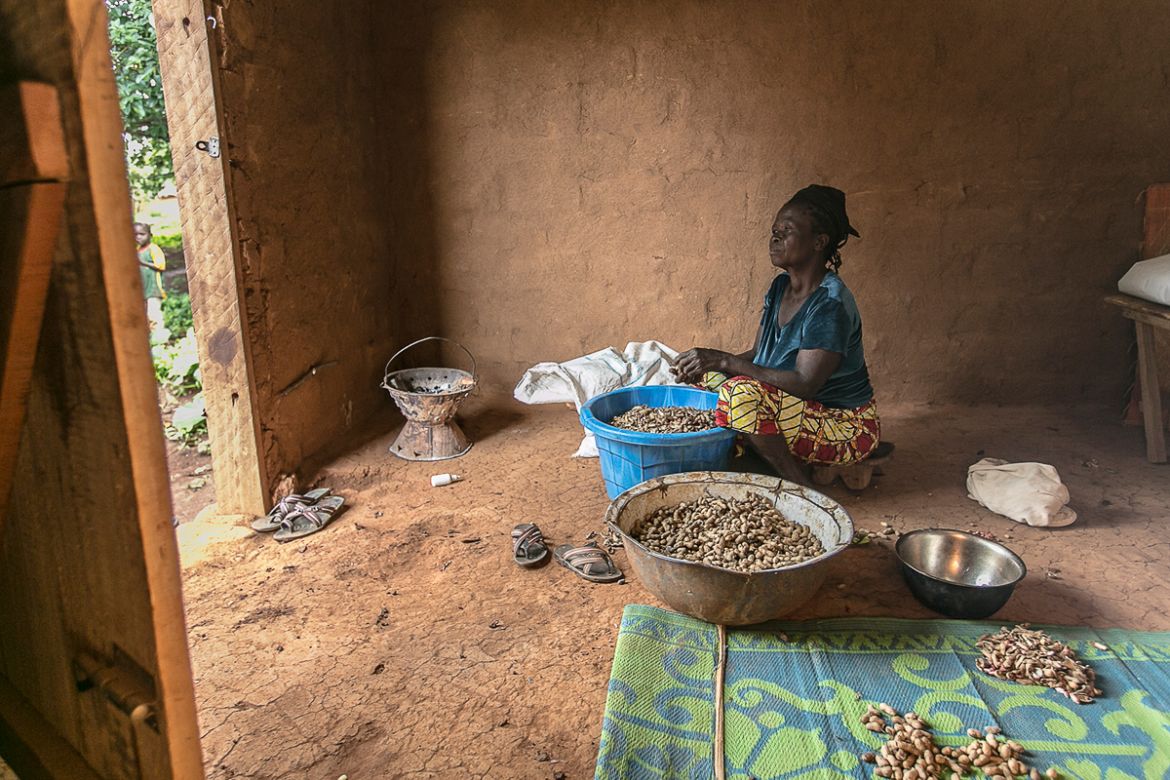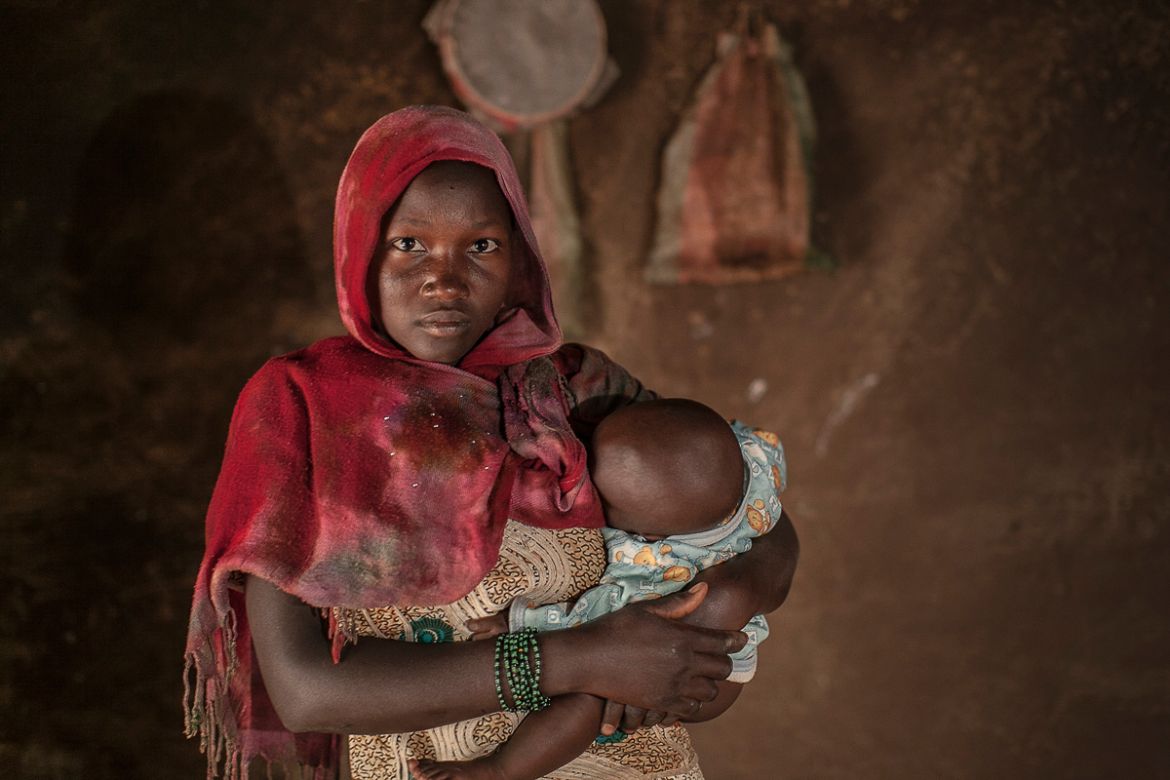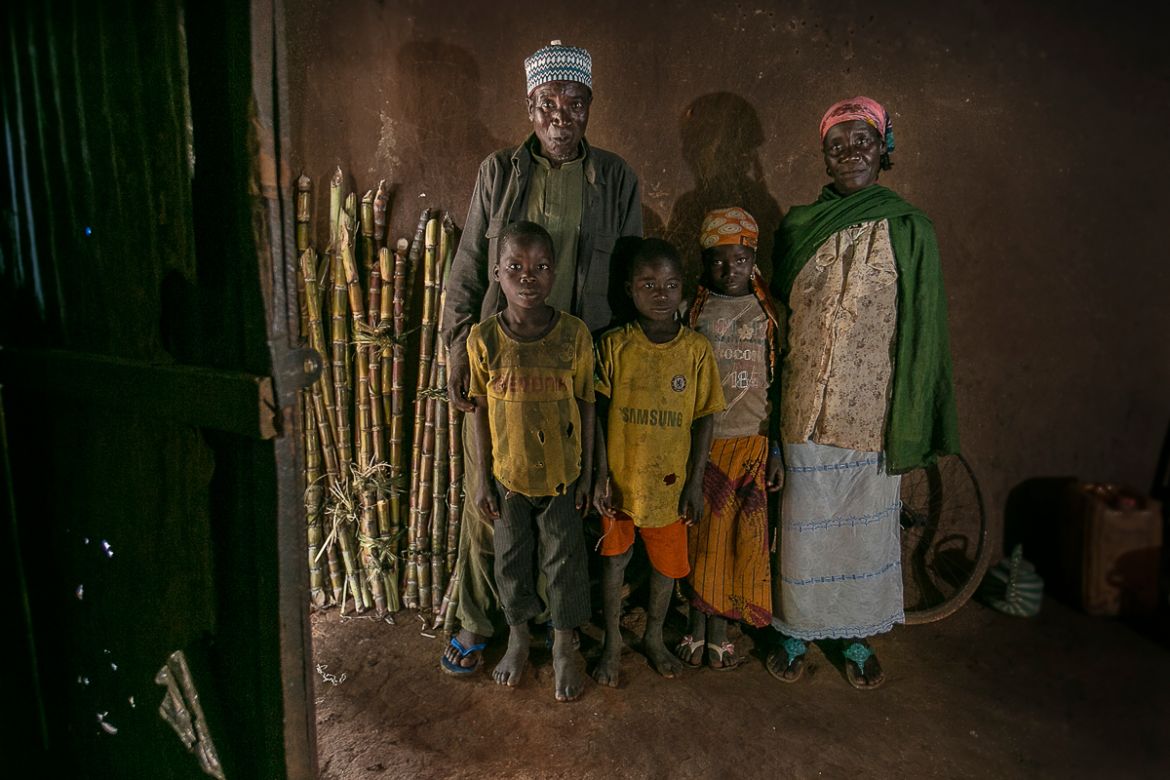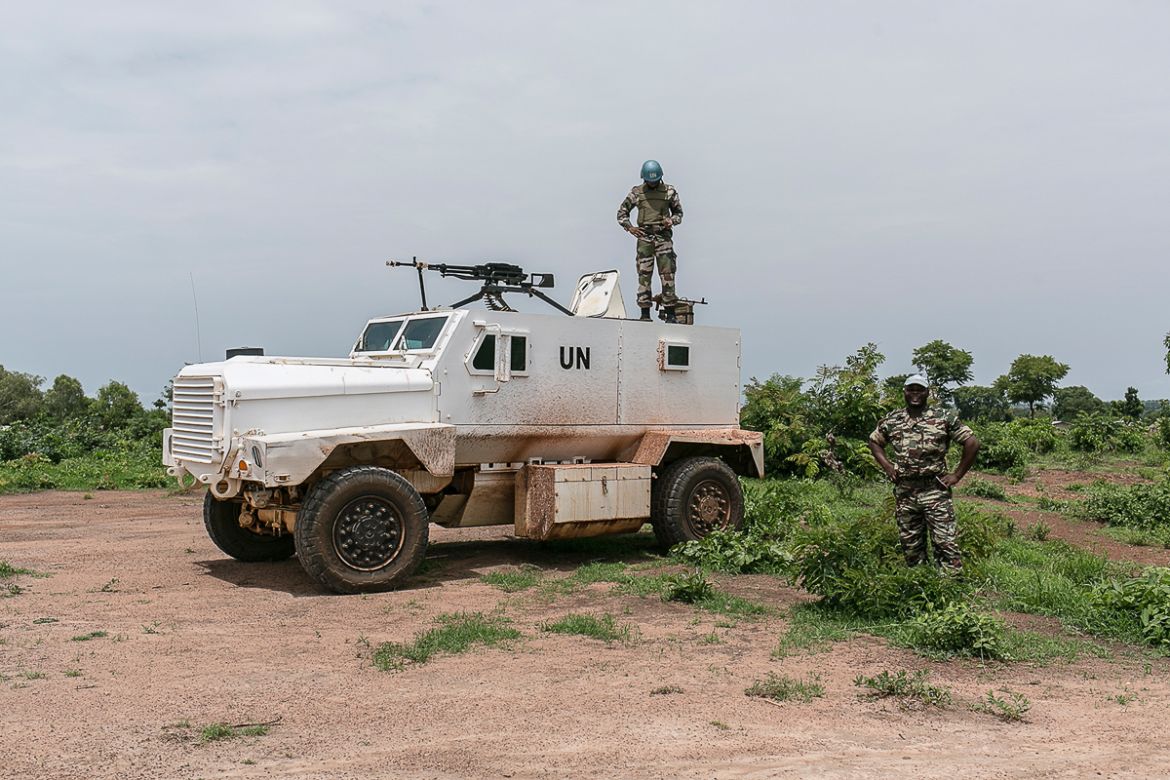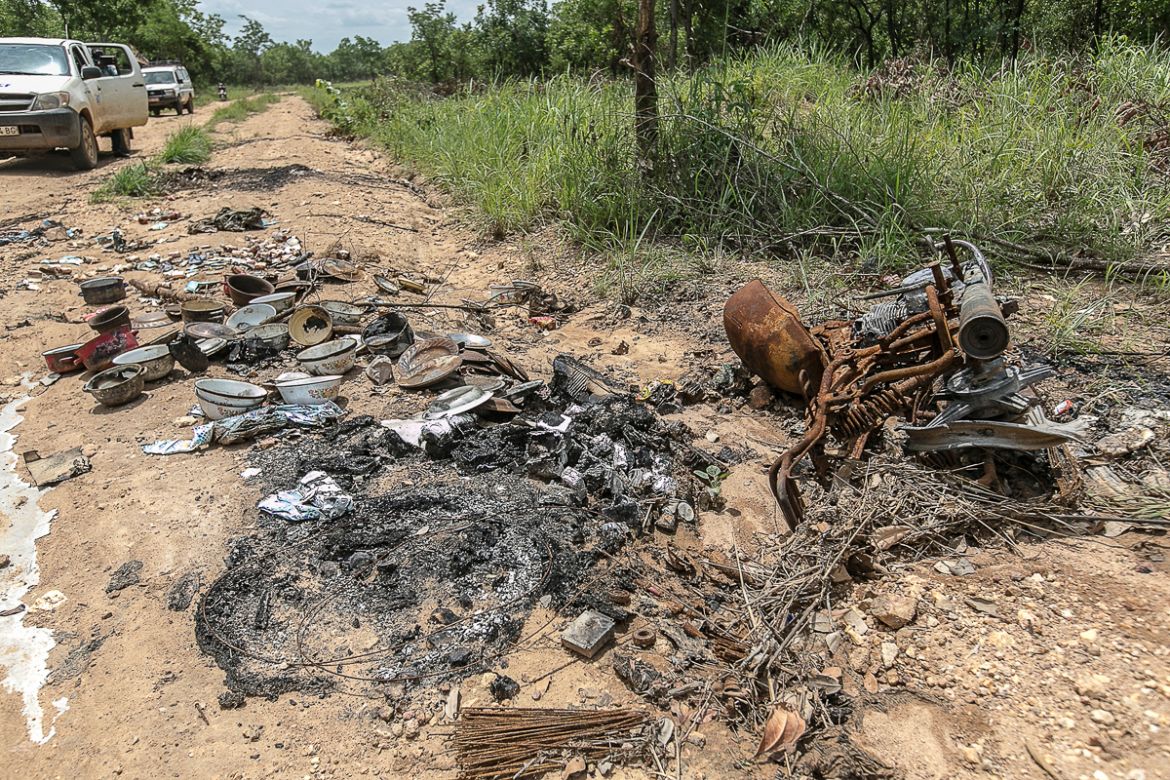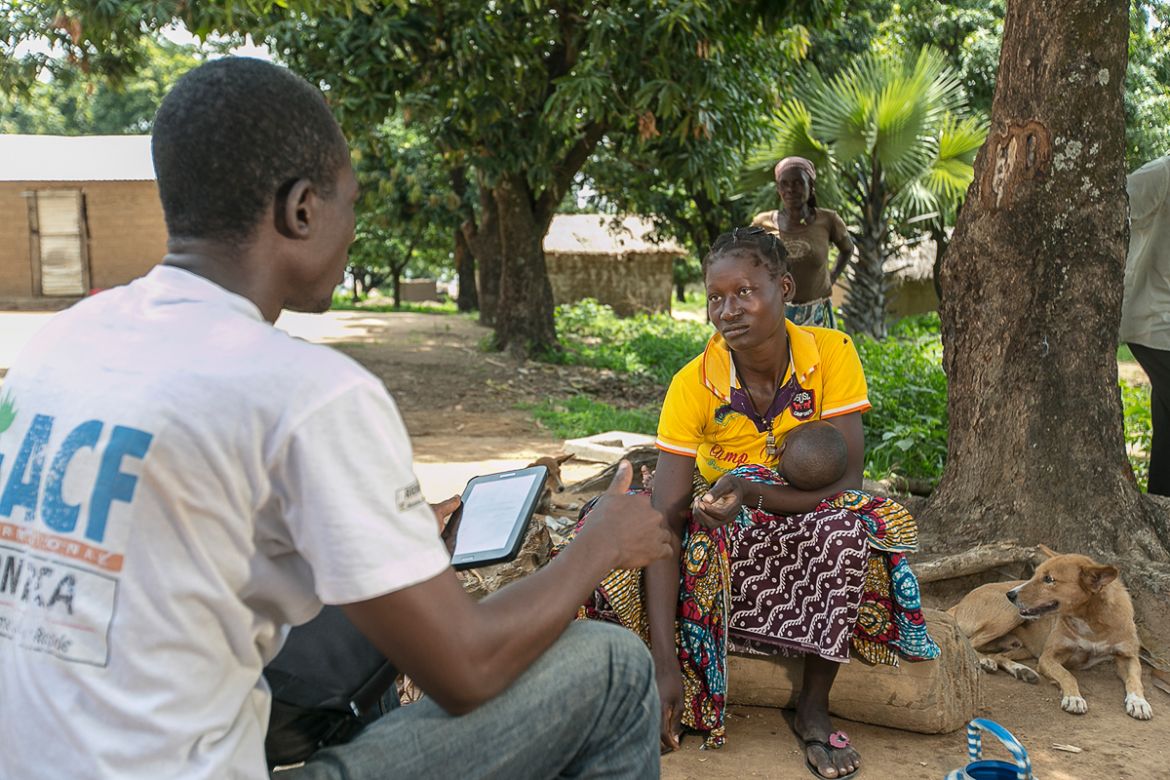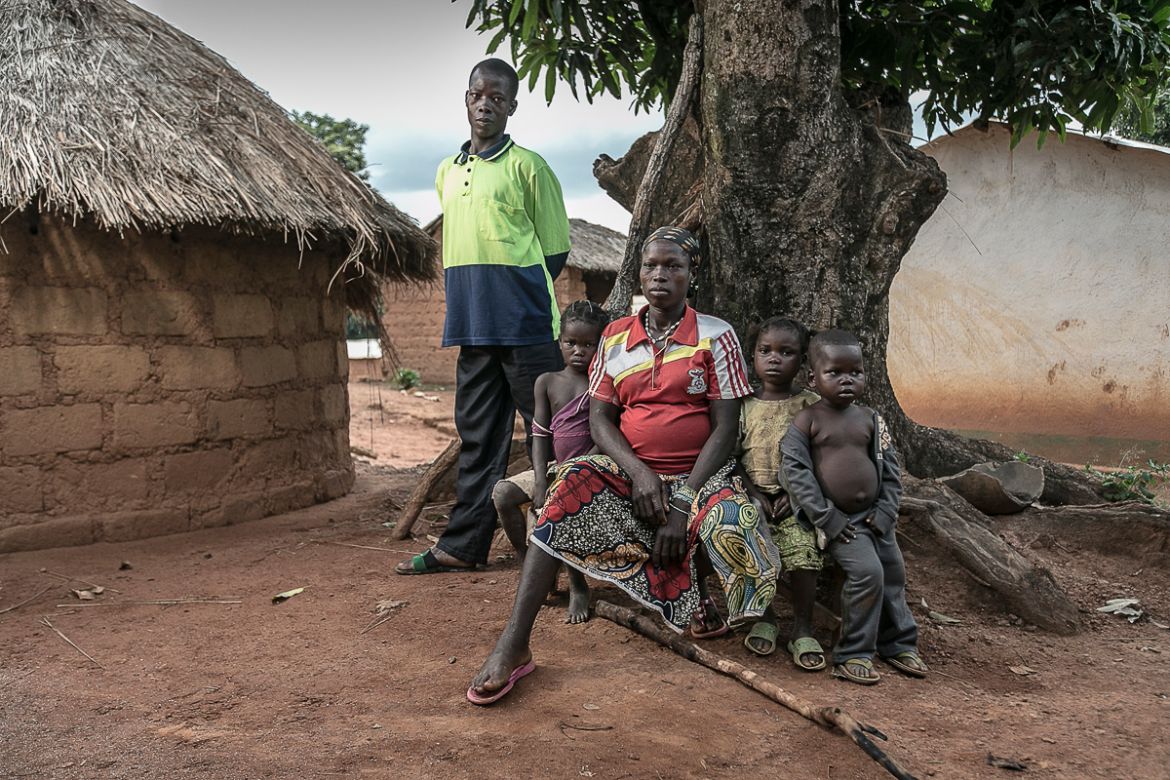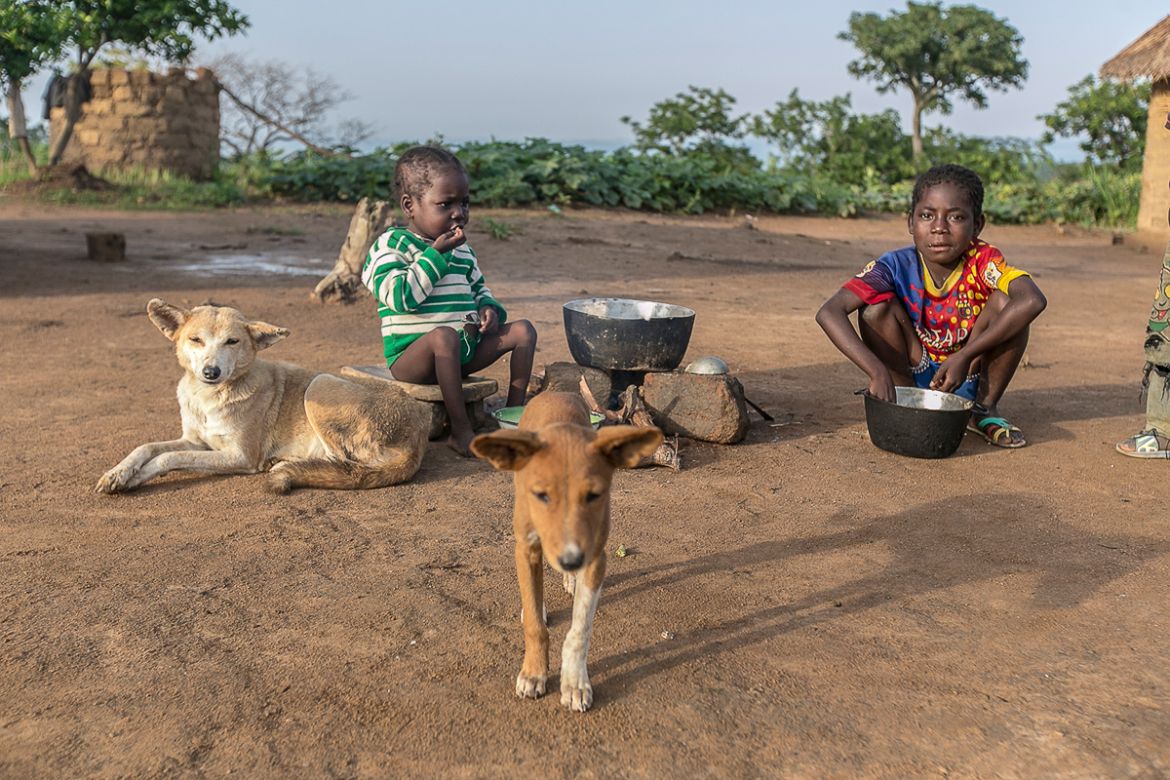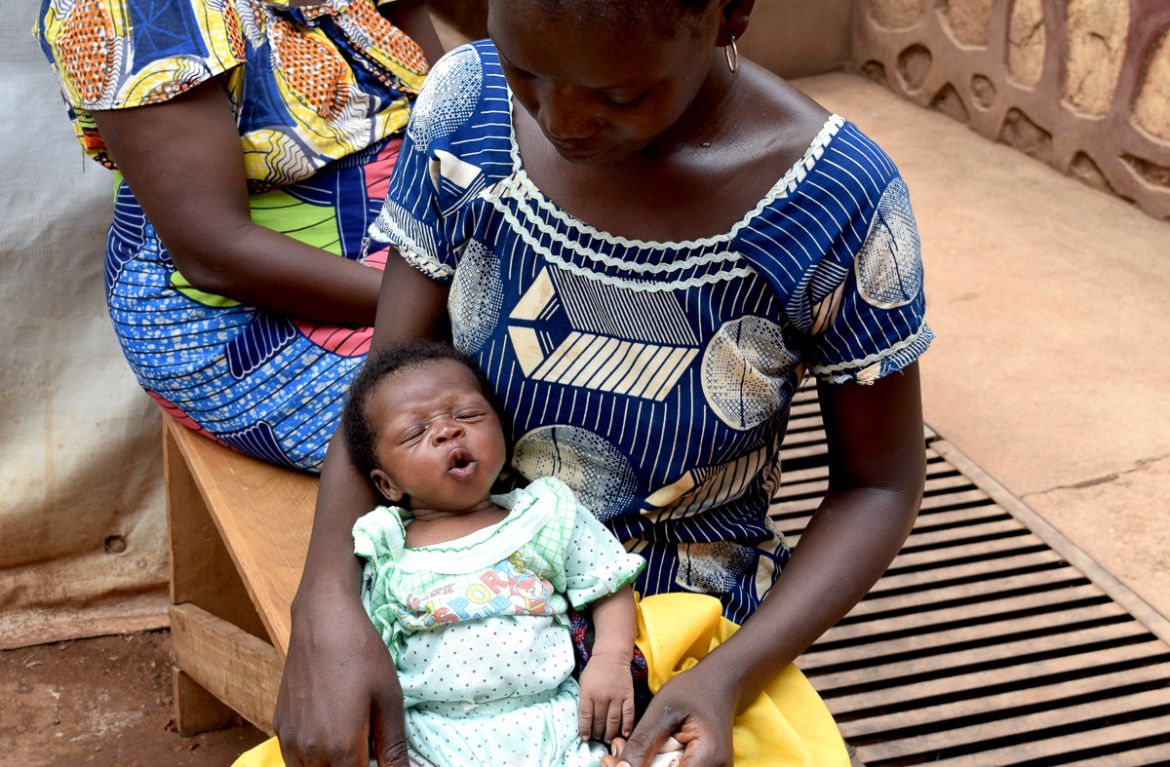In Pictures
Displaced and forgotten in Central African Republic
From village to village, people share stories of being forced to flee as armed groups attacked and burned their homes.
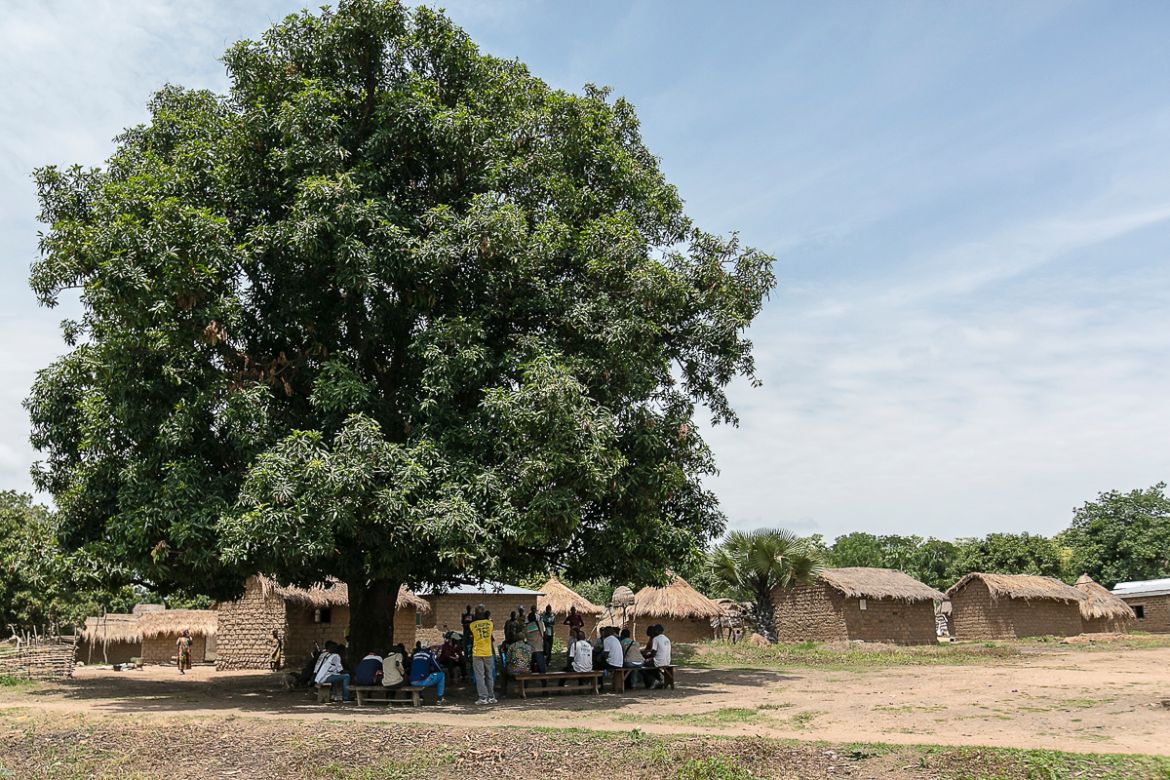
Ouham-Pendé, Central African Republic – As the humanitarian workers drive in to each village, people assemble around their vehicles or drag plastic chairs and benches to the shade to discuss the latest events: Which places have been attacked, burned or looted by armed groups, the number killed in this place or that, where people have fled to and how many have arrived from surrounding areas in search of safety.
The emergency response team of NGO Action Against Hunger is on a mission in the Central African Republic’s northern Ouham-Pendé province – near the border with Cameroon – to reach out to those who have fled from a sectarian conflict that has left nearly one million people displaced, according to the UN. More than half have left the country, while the rest are living in camps inside Central African Republic (CAR) or sheltering with relatives and host families.
Rooted in longstanding resentment, the conflict erupted in 2013 when the mainly Muslim Seleka group seized power and the mainly Christian anti-balaka group formed in response. Atrocities were committed by both sides, leaving more than 6,000 dead and forcing an exodus of Muslims.
Already chronically poor and unstable, CAR’s largely forgotten conflict has worsened a dire situation, disrupting food production and basic services and leaving swaths of territory under the control of armed groups and warlords. Today the UN says 2.3 million people are in need of aid, and half the population are without enough food.
There were tentative hopes of peace after a new president was elected in February, but a recent upsurge in violence – primarily in the north – has caused a new wave of displacement, says the UN’s refugee agency, with its human rights chief warning that he fears a “re-escalation”.
CAR remains a country on edge, where rumours of impending attacks fly freely amid the terrifying truths, and the resulting tension is palpable.

